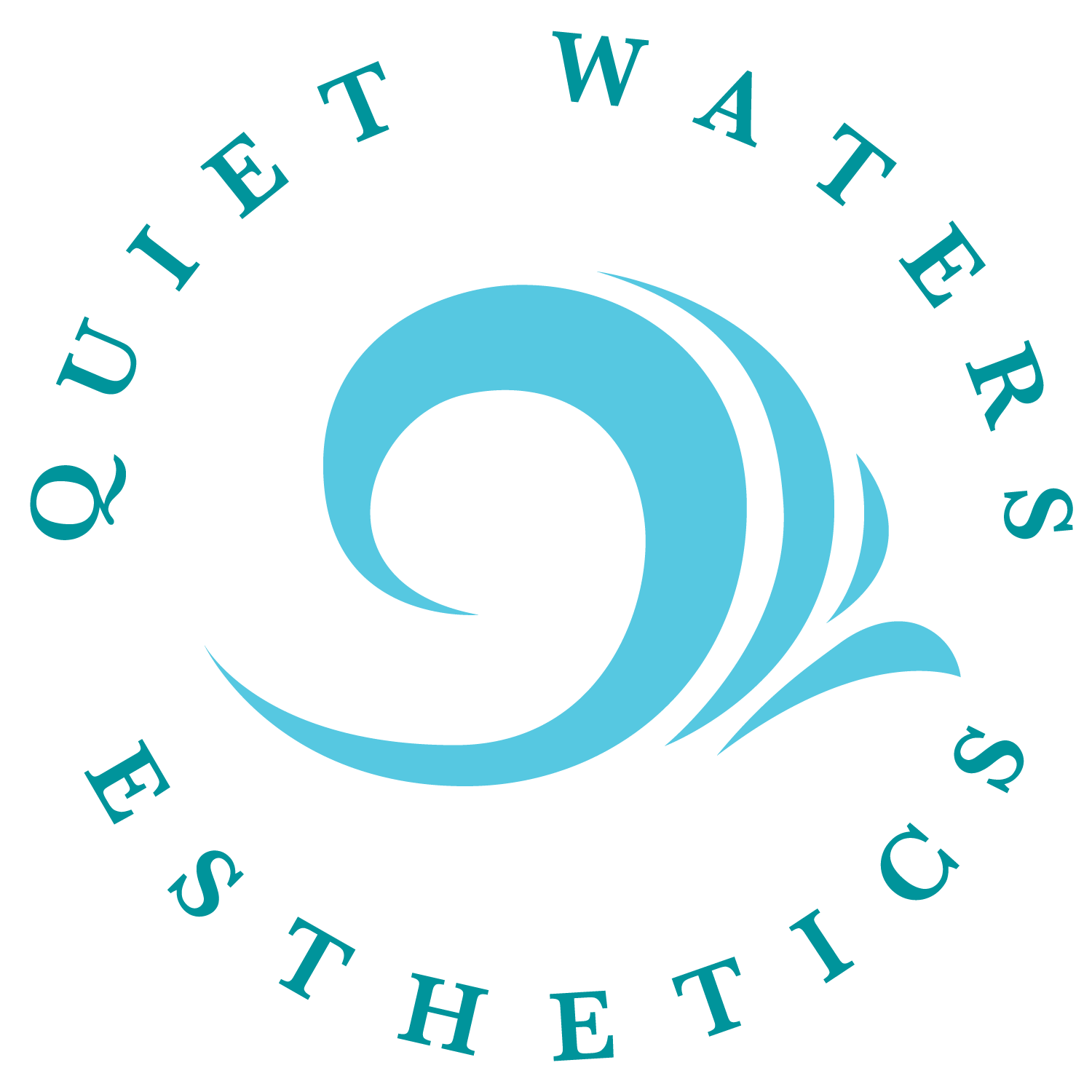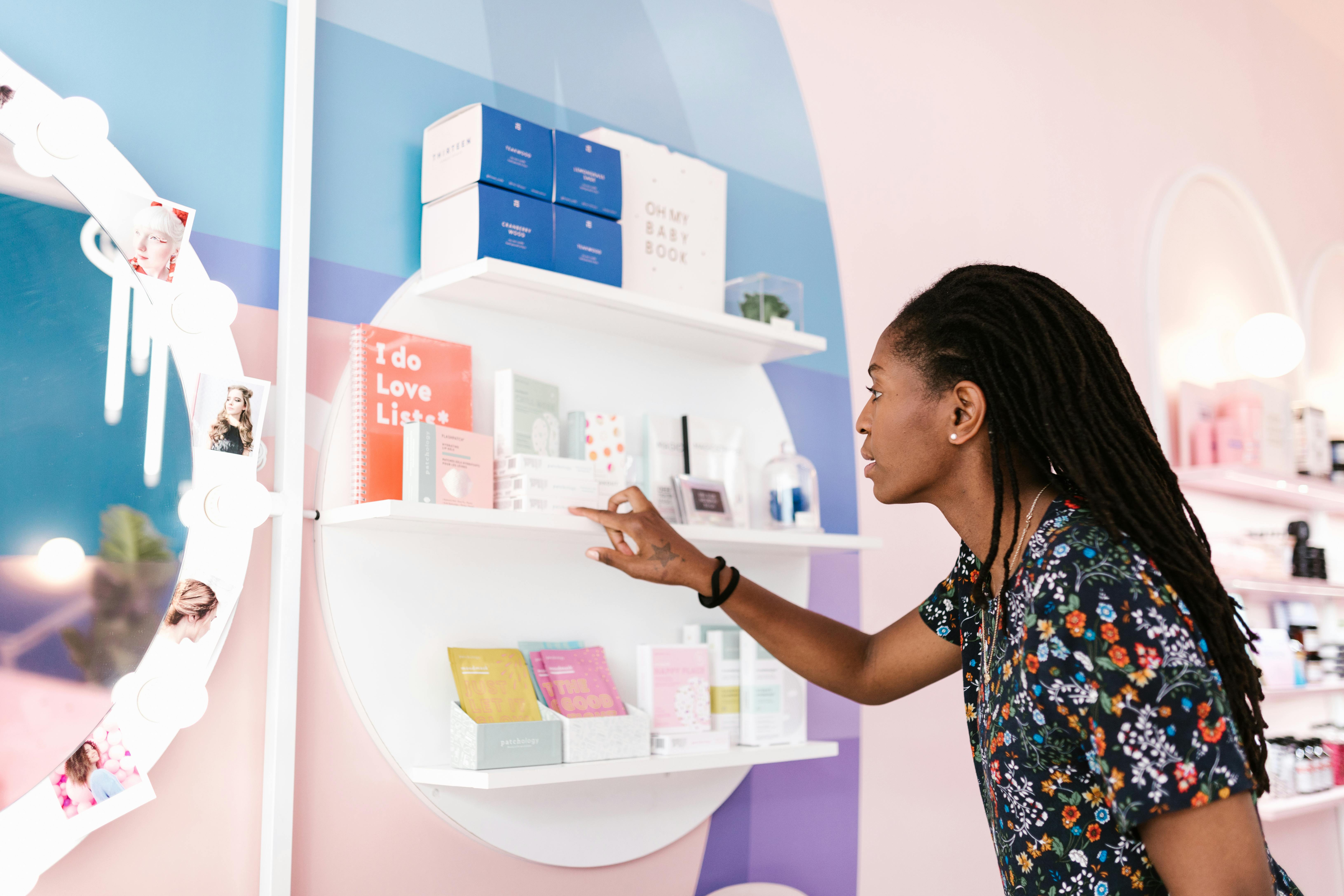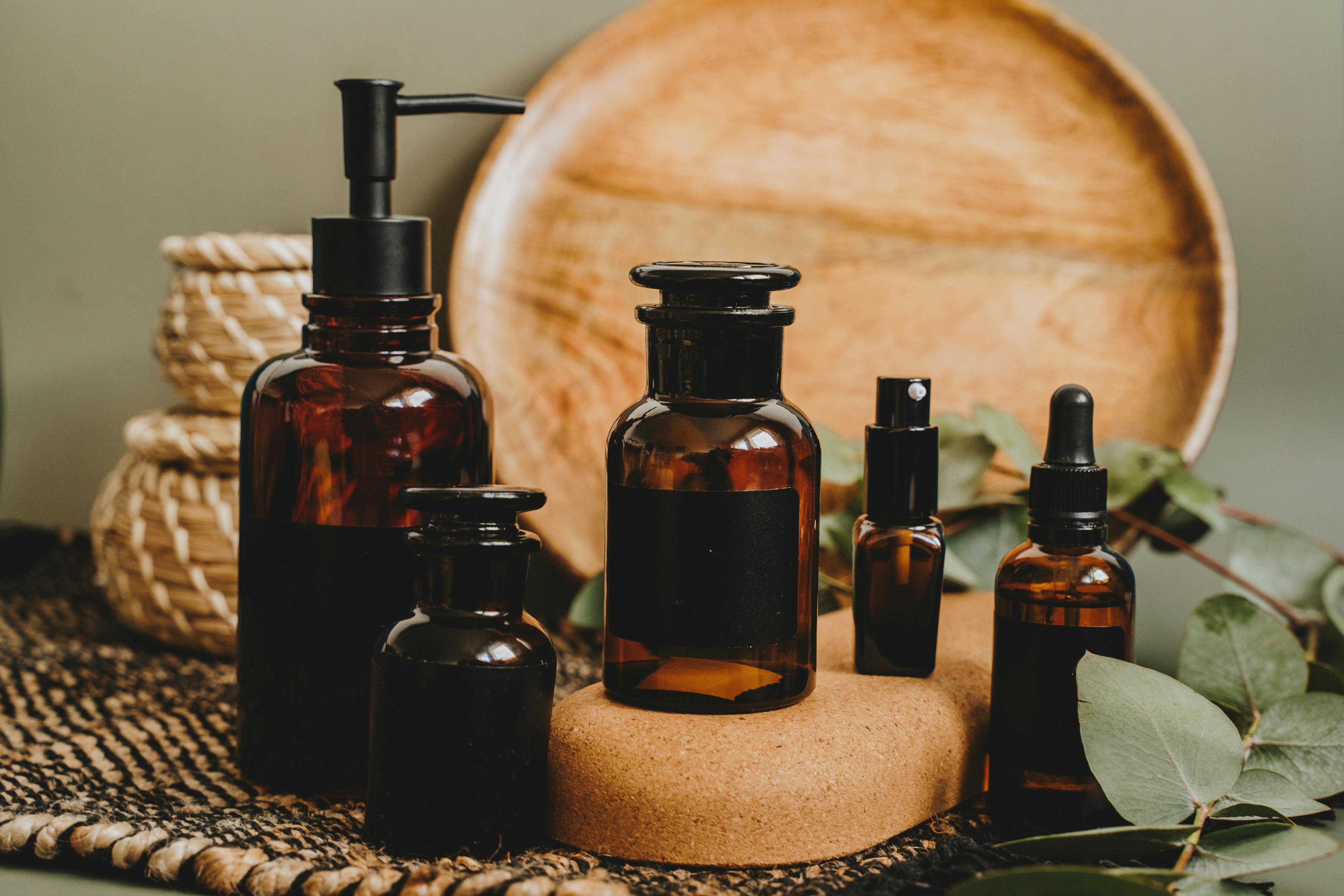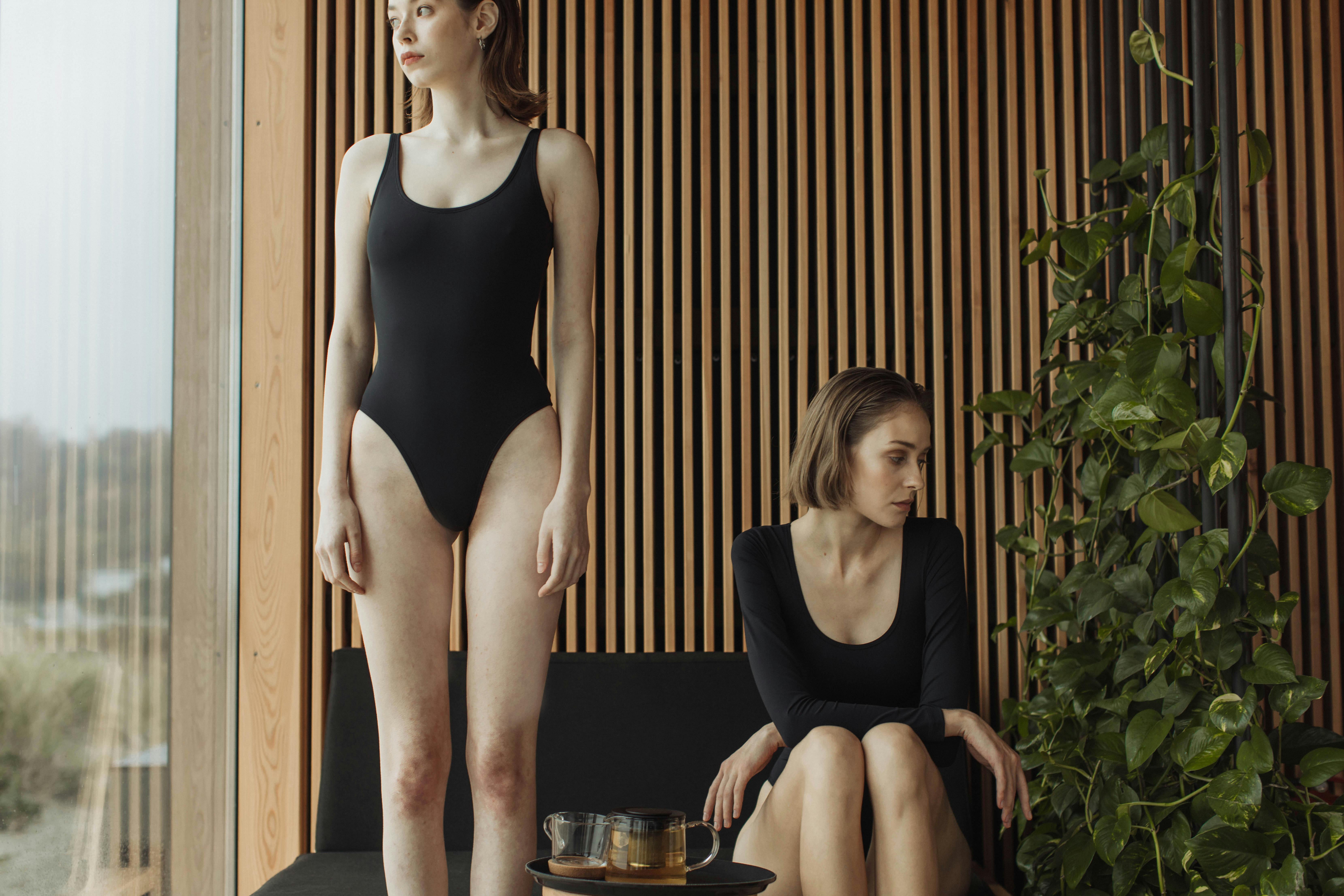Blog
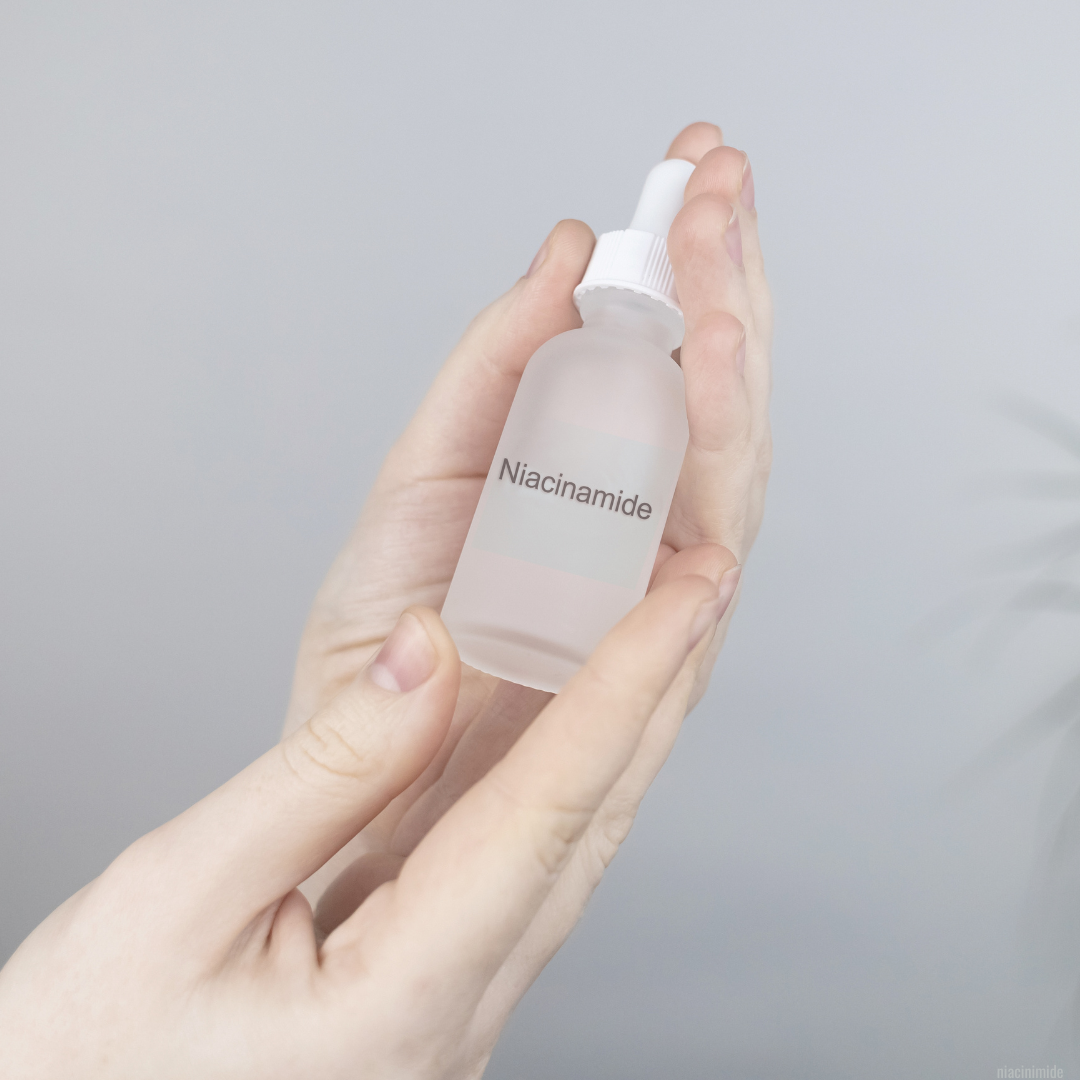
Achieving clear skin can often feel like an uphill battle, but with niacinamide for acne treatments, you're not alone in your journey to a glowing complexion. This powerhouse skincare ingredient, also known as vitamin B3, is celebrated for its ability to reduce inflammation, minimize pores, and regulate oil production. These benefits make it a go-to solution for those battling persistent breakouts. Whether you're a skincare novice or a seasoned pro, incorporating niacinamide into your routine can be a game-changer. Gentle yet effective, it offers a promising solution for achieving clear, healthy skin. In this guide, we’ll explore the benefits of niacinamide for acne, share expert insights, and provide practical tips to help you unlock the radiant skin you deserve. Let’s embark on this skin-loving journey together and embrace the confidence that comes with a blemish-free complexion.

Understanding Corneotherapy: The Key to Healthy, Resilient Skin If you’re a skincare enthusiast, you’ve likely heard about everything from exfoliation to resurfacing treatments promising quick results. But have you ever wondered if these approaches could be doing more harm than good? Enter corneotherapy, a skincare philosophy that’s all about nurturing your skin for long-term health. Rather than aggressively stripping or resurfacing, corneotherapy focuses on protecting and supporting the outermost layer of your skin—the skin barrier. This approach promotes sustainable, radiant skin without relying on quick fixes that often come with downsides. The Skin Barrier: Your Skin’s First Line of Defense Let’s start with the basics. The skin barrier is your skin’s protective shield. Its main jobs? 1. Keeping irritants, bacteria, and pollutants out. 2. Locking moisture in. This barrier is made up of flat skin cells called corneocytes , surrounded by a mixture of natural fats and oils called lipids. Together, they form a structure often compared to a brick wall, where the corneocytes are the bricks, and the lipids are the mortar holding everything together. Here’s a fun fact: those corneocytes don’t start out that way. They begin their lives much deeper in the skin as nutrient-rich cells called keratinocytes , which are influenced by your internal health, diet, and hydration levels. As they move to the surface, they transform into corneocytes and form the skin barrier.
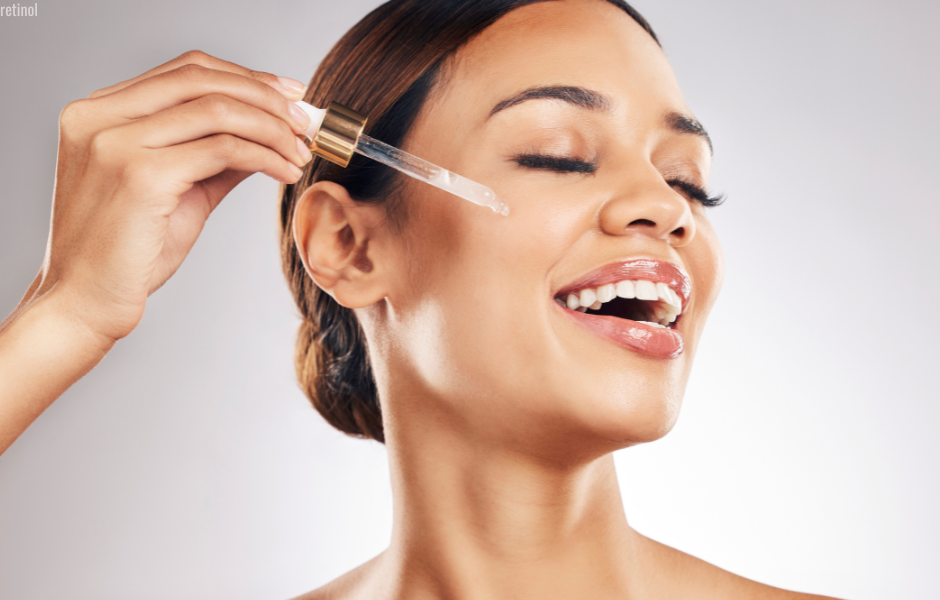
Navigating the world of skincare can be overwhelming, especially when it comes to choosing the right retinoid. If you've ever found yourself wondering what the difference is between retinol, retinal, and granactive retinoid—or if any of them are even right for you—you're not alone! Retinoids are among the most powerful ingredients for acne treatment and anti-aging, yet they vary widely in strength and effect. Let's break down everything you need to know about retinoids, so you can confidently select the one that fits your skincare needs. Retinoid vs. Retinol: What’s the Difference? You might see the terms "retinoid" and "retinol" used interchangeably, but there’s a difference. "Retinoid" is an umbrella term for all vitamin A-based ingredients that work on skin receptors. Retinol is just one type of retinoid. Other types include retinal, tretinoin, adapalene, and retinyl palmitate. How Do Retinoids Vary in Strength? Retinoids range in strength, which affects how intense they are on the skin. Here’s a simple rundown: - Milder retinoids, like retinyl palmitate, are low in potency and often work more gently on the skin. - Retinoic acid is the strongest option available and can directly act on the skin’s receptors without needing conversion. The main thing to remember is that most retinoids have to convert into retinoic acid to work. The more conversion steps required, the lower the potency. So, a gentler retinoid might be best for sensitive skin, while stronger options may be more effective for people with tougher skin concerns. Choosing the Right Retinoid for You Whether you’re dealing with acne, fine lines, or uneven skin tone, there’s likely a retinoid that can help. It’s just about finding the strength and type that best suits your skin’s needs. So take your time, and don’t worry—retinoids can be a powerful addition to your routine with the right fit!

In today's fast-paced world, where wellness and self-care have become paramount, integrating Kangen water into your daily routine can be a game-changer. Known for its hydrogen-rich content and ionized alkalinity, Kangen water offers a plethora of benefits that can transform your health journey. From neutralizing harmful free radicals to enhancing hydration, the advantages of an ionized water machine Kangen are profound. Many individuals have reported experiencing increased energy levels, improved skin health, and better digestion after incorporating Kangen water into their lives. As you explore the potential of hydrogen-rich water, you'll find that it’s not just a beverage—it's a step towards a more holistic approach to well-being.
